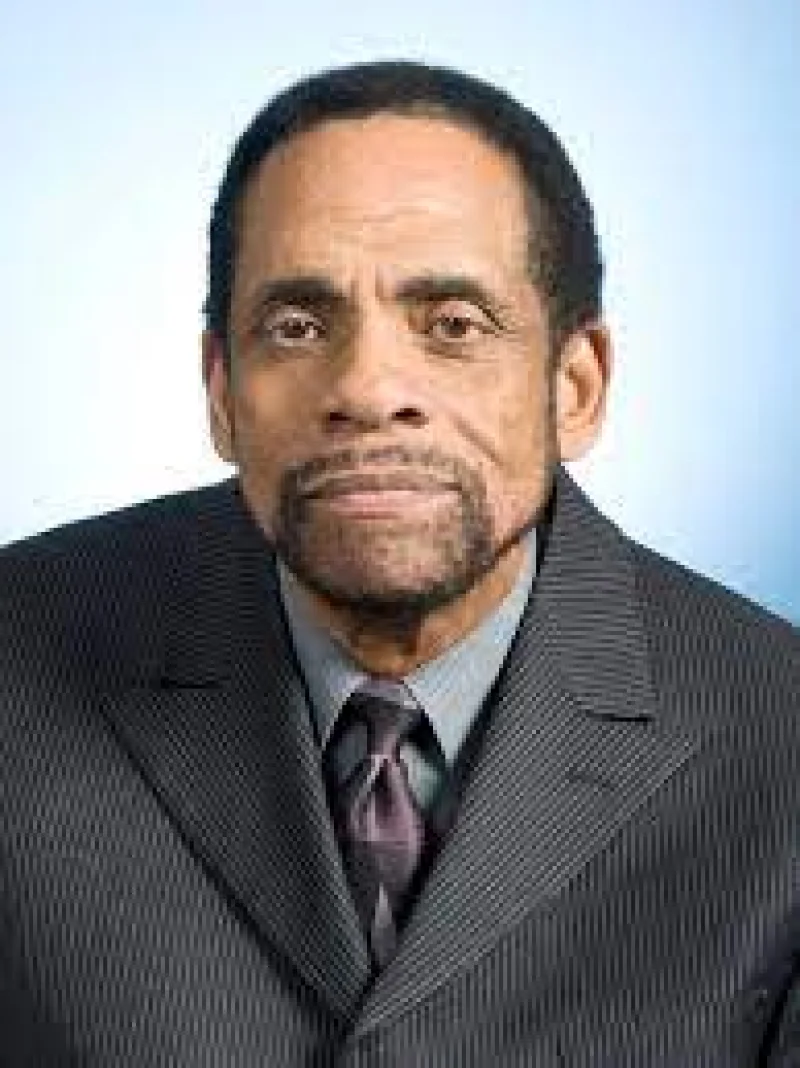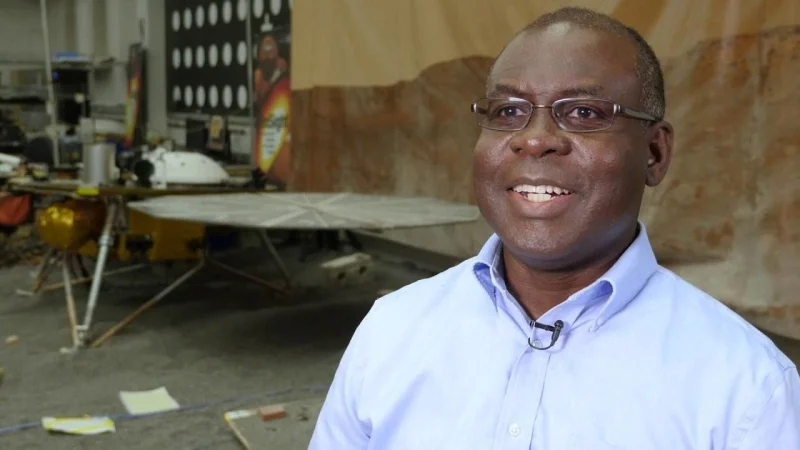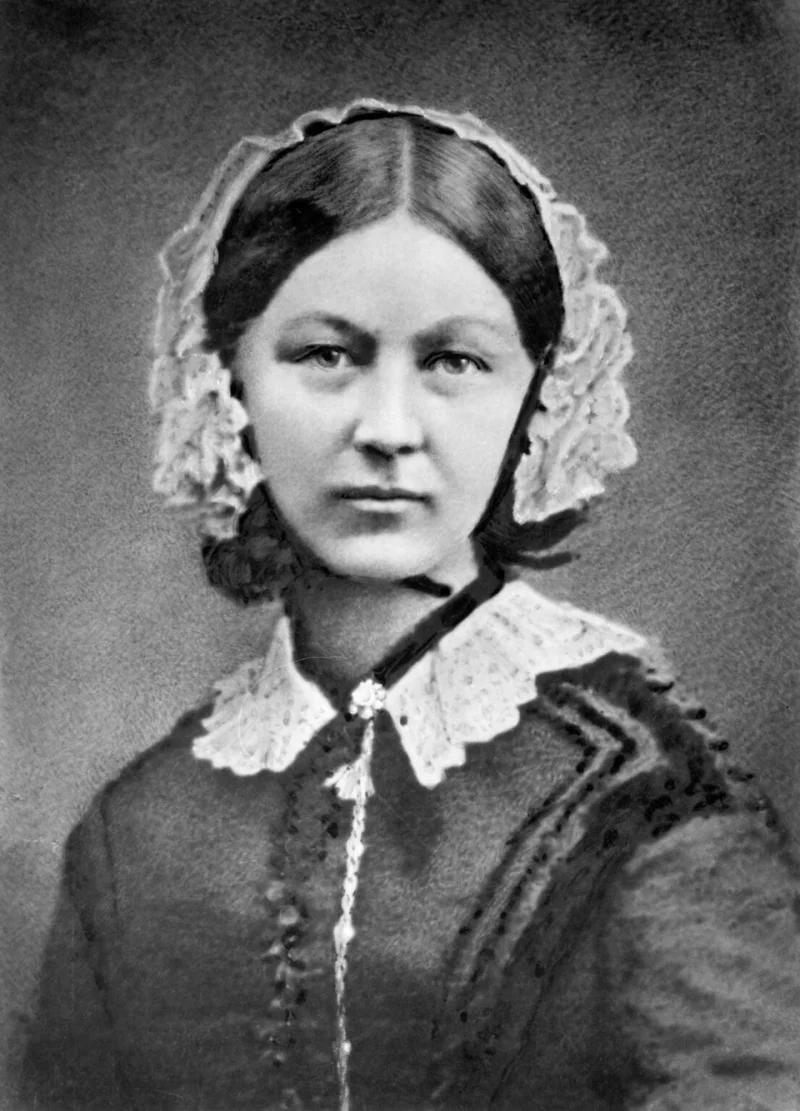Short Summary
Alan Turing was a pioneering mathematician and computer scientist whose work laid the foundation for modern computing. He is best known for his contributions to breaking the Enigma code during World War II, which significantly aided the Allied war effort. Turing's theoretical work on the concept of a "universal machine" is considered a precursor to the modern computer, and his contributions to artificial intelligence remain influential. Despite his groundbreaking achievements, he faced personal challenges due to his homosexuality, which was criminalized in his time.
Early Life & Education
Born on June 23, 1912, in Maida Vale, London, Alan Turing was the son of Julius and Ethel Turing. His early education was marked by a fascination with numbers and science, displaying an exceptional aptitude for mathematics from a young age. Turing attended Sherborne School, where his interest in the sciences flourished despite an environment focused on the classics. He later studied at King's College, Cambridge, where he was awarded first-class honors in mathematics. Turing’s exposure to the work of John von Neumann and his own research in quantum mechanics, probability, and logic significantly influenced his academic and professional trajectory.
Career Highlights
Turing's career was marked by pivotal contributions to both theoretical and applied mathematics. In 1936, he published a seminal paper introducing the concept of a "universal machine," which could simulate the logic of any computer algorithm—a cornerstone of computer science. During World War II, Turing worked at Bletchley Park, where he played a critical role in deciphering the Enigma code, a breakthrough that greatly assisted the Allied forces. Post-war, he contributed to the development of early computers at the National Physical Laboratory and the University of Manchester. His work in mathematical biology and artificial intelligence, although less recognized during his lifetime, has had a lasting impact.
Major Achievements
- Developed the concept of the Turing Machine, a theoretical foundation for the modern computer.
- Played a crucial role in breaking the German Enigma code during World War II.
- Contributed to the development of early computers, notably the Automatic Computing Engine (ACE).
- Pioneered the field of artificial intelligence, proposing the Turing Test to assess machine intelligence.
- Made significant contributions to mathematical biology, particularly in morphogenesis.
Famous Quotes
- "We can only see a short distance ahead, but we can see plenty there that needs to be done."
- "A computer would deserve to be called intelligent if it could deceive a human into believing that it was human."
Interesting Facts
- Turing was awarded an OBE (Order of the British Empire) in 1946 for his wartime work.
- He was posthumously pardoned by Queen Elizabeth II in 2013 for his 1952 conviction for homosexuality.
- Turing was an accomplished long-distance runner, capable of world-class marathon times.
- His life and work have inspired numerous films, books, and plays, including the film "The Imitation Game."
Legacy / Influence
Alan Turing’s legacy is profound, influencing the fields of computer science, artificial intelligence, and cryptography. His theoretical work serves as the cornerstone of modern computing, while his contributions during World War II are credited with shortening the conflict. Turing’s ideas continue to inspire advancements in technology and his story highlights issues of justice and human rights, contributing to ongoing cultural and historical discourse.
FAQ
Q: Why is Alan Turing famous?
A: He is famous for his foundational work in computer science and for helping to break the Enigma code during World War II.
Q: What is the Turing Test?
A: The Turing Test assesses a machine's ability to exhibit intelligent behavior indistinguishable from that of a human.
Q: Was Turing recognized during his lifetime?
A: While Turing received some recognition, his achievements were not fully appreciated until after his death.
Q: How did Turing's life end?
A: He died in 1954 from cyanide poisoning, in what was officially ruled a suicide, although some speculate it may have been accidental.












